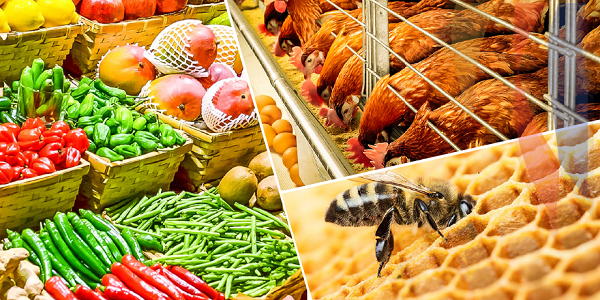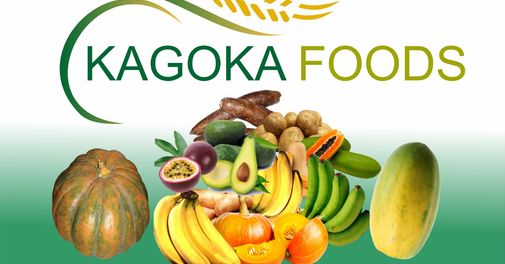
By George Munene
For three months, tomato prices have risen exponentially in the country. From a low of Sh700 for a 30-kilogram crate at the closing months of last year, a similar crate at the farmgate now fetches a premium price of Sh2000.
At Nairobi’s Muthurwa market the wholesale price of a medium-sized wooden crate is between Sh7000 and 8000. The price of a 40-kilogram wooden crate of Ethiopian tomatoes is Sh3500 while that of a 30-kilogram bread crate of Kenyan tomatoes fetches between Sh3200 and 4000, Sh75-85 per kilogram.
At the heart of this price, inflation is that with uncharacteristic poor rains for the past one and half months there has been corresponding low yields from tomato farmers in the country. This owes to Kenyan farming remaining predominantly rainfed, explains Joshua Mamwaka, a wholesale trader at Muthurwa’sWakulima Market.
Related News: Predict the weather, make tomato fortunes
Related News: Farmers to earn more as agri-commodity prices increase into new year
Horticultural farming, with its low barrier of entry and exit has also encouraged speculative farming which leads to mass rushing into and out of agriculture creating artificial bubbles.
Tomato prices have also followed a similar pattern; farmgate prices hit a record Sh 80-100 per kilogram in February of last year. This was largely caused by the December short rains which persisted into January and February. “This drove speculative farmers looking to cash in on the momentarily inflated prices into growing tomatoes. Kenyan traders also crossed the border into Tanzania at Kimana, Loitokitok bringing back trailer loads of tomatoes. This flooded the market causing prices to plummet to as low as Sh25 a kilogram, Sh 300 for a 30-kilogram bread crate. This saw many of these farmers abandon tomato farming, a lacuna that has left the few farmers who persisted to supply an underserved market.
In what has been a volatile market, even the principles of economics have been overturned: “There was a time in February when the farmgate price of tomatoes exceeded their market price, driven by a mix of low local production and imports from neighbouring countries.
Related News: Ruiru youth who dropped medicine course for tomatoes has no regrets
Tomatoes are by volume the most consumed vegetable by Kenyans, yet, perhaps more than almost all widely eaten vegetables, they are the most perishable. Even as truckloads of tomatoes begin to trickle in from Ethiopia and Uganda mama mbogas and tomato resellers are having to sell tomatoes at no profit or a loss just to retain their customers,” Mamwaka elucidate.
While it might be a fool's errand forecasting future trends in the erratic tomato market, it might not be all too surprising to see a mass ‘gold rush’ into tomato growing in the coming weeks and a subsequently flooded market around July.
Write comment (0 Comments)

















